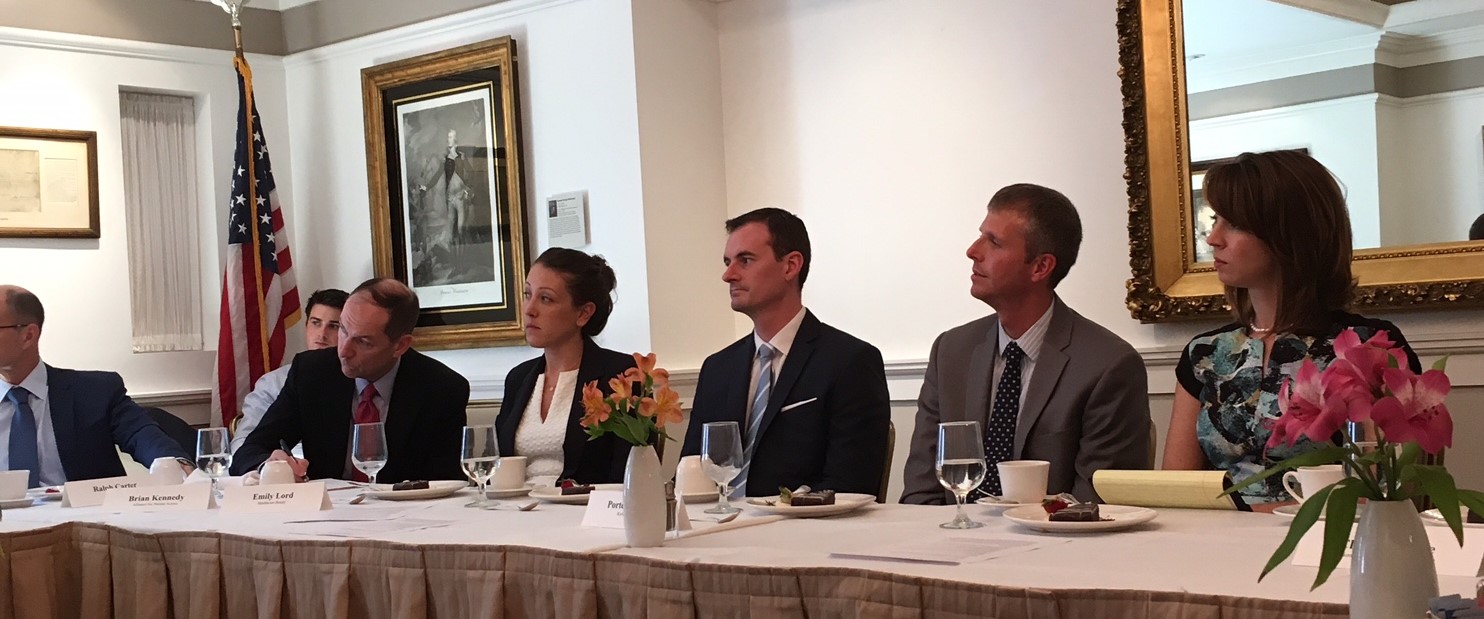

September 8, 2016
Opioid and heroin abuse is an epidemic that kills 78 Americans every day, explains a new video from the Alliance for Patient Access. But as federal agencies, state lawmakers, professional organizations and inter-agency collaborations lay out different plans for addressing the epidemic, people must ask: Which plans will work? And which will curb abuse without undermining legitimate medical care for patients in pain?
September 5, 2016
A condition that causes newborns of substance-addicted mothers to experience withdrawal symptoms is on the rise. According to data from the Centers for Disease Control and Prevention, cases of neonatal abstinence syndrome (NAS) tripled between 1999 and 2013 in 23 states. In three states – West Virginia, Maine and Vermont – the condition now affects more than 30 infants per 1,000 births. Policymakers have proposed several solutions to address not only NAS but also opioid and heroin abuse, which are common contributors to the condition.
August 30, 2016
A new analysis calls for drastic price reductions for PCSK9 inhibitors, breakthrough lipid-lowering medications. Data published in the Journal of the American Medical Association suggest that the treatments would need to be reduced to two-thirds their current price to meet analysts’ cost-effectiveness thresholds.

August 25, 2016
Healthy lives and well-being for all are among the United Nations’ Sustainable Development Goals for 2030. The U.N. calls for “access to quality essential health-care services and access to safe, effective, quality and affordable essential medicines and vaccines for all.”
August 23, 2016
Opioid-related deaths have tripled since 1999. Now, innovative hospitals are combatting opioid abuse by rethinking how they help patients manage surgical pain. In its recent webinar, the Collaborative for Effective Prescription Opioid Policies spotlighted several hospitals’ work toward better understanding – and minimizing – opioid abuse.
August 17, 2016
New research confirms that patients are more likely to follow their medication regimen if they receive all prescription drugs at the same time each month. Known as “synchronization,” the concept was the focus of a University of Pennsylvania study of Medicare Advantage patients.
August 11, 2016
Cancer patients may feel under-informed about their diagnosis, overwhelmed by out-of-pocket expenses and unable to carry out day-to-day activities – despite being confident about their quality of care.
August 9, 2016
Biosimilar medications designed to give patients more options may instead become health plans’ newest tool for limiting patient access.
August 4, 2016
State governors are ready to take action on the opioid abuse epidemic. The National Governors Association released “A Compact to Fight Opioid Addiction” on July 13 with the goals of reducing inappropriate opioid prescribing, improving awareness of risks and addiction, and clearing the way for addiction treatment and recovery.
August 2, 2016
Congress returns in September from a seven-week recess—and ready, many patients and advocates hope, to push the 21st Century Cures Act over the finish line. Senator Lamar Alexander (R-Tenn.) expects the Senate to resume work on the bill, which he says could be “the most important legislation Congress passes this year.” The bill passed the House of Representatives in July 2015 with bipartisan support.




